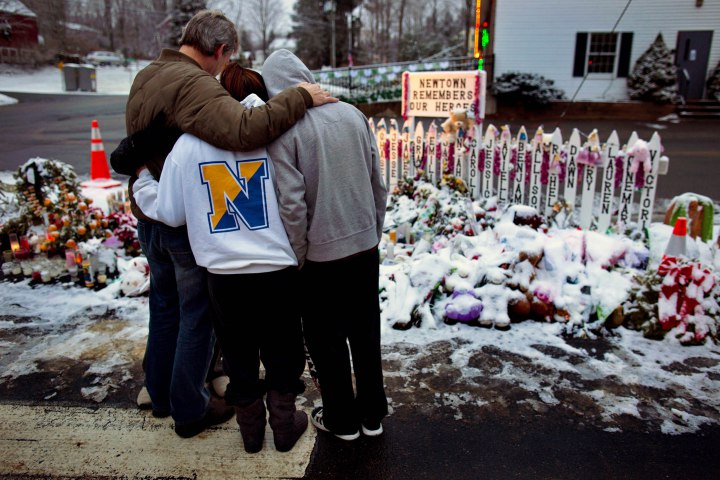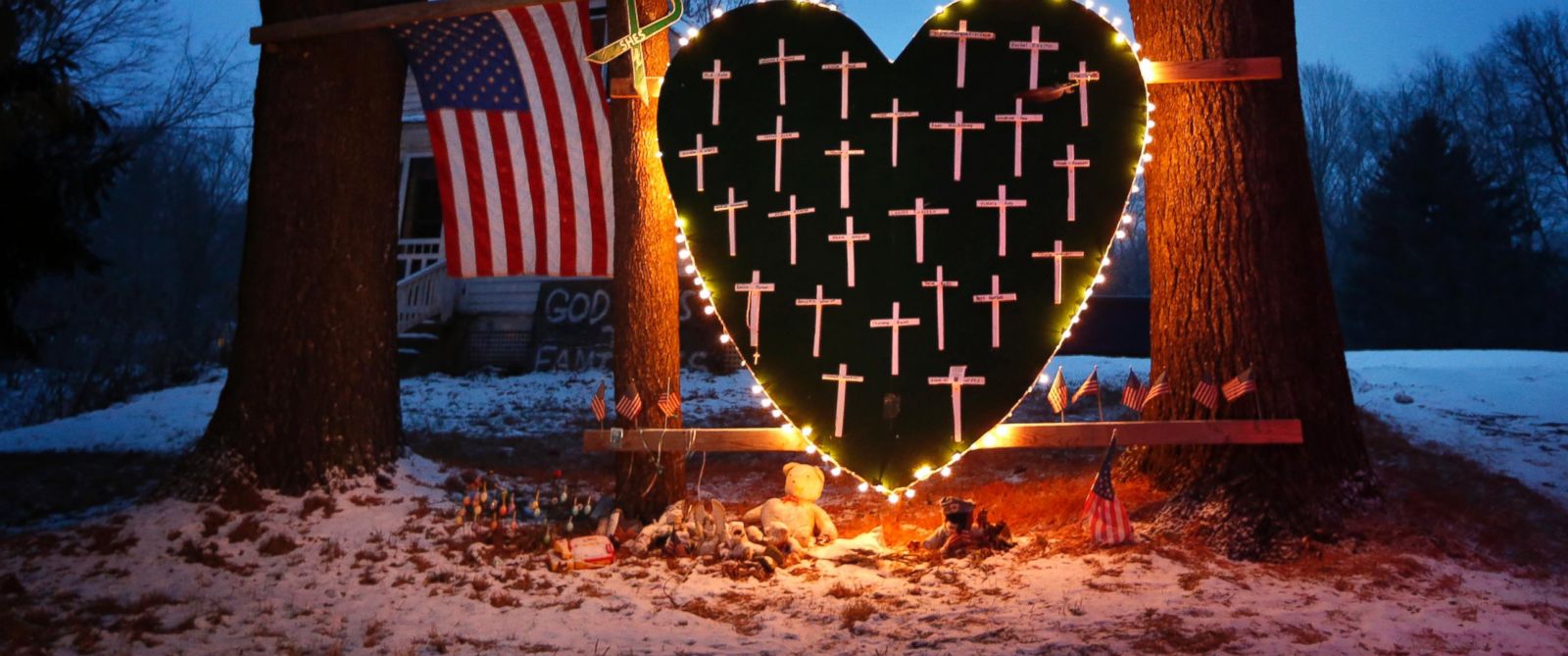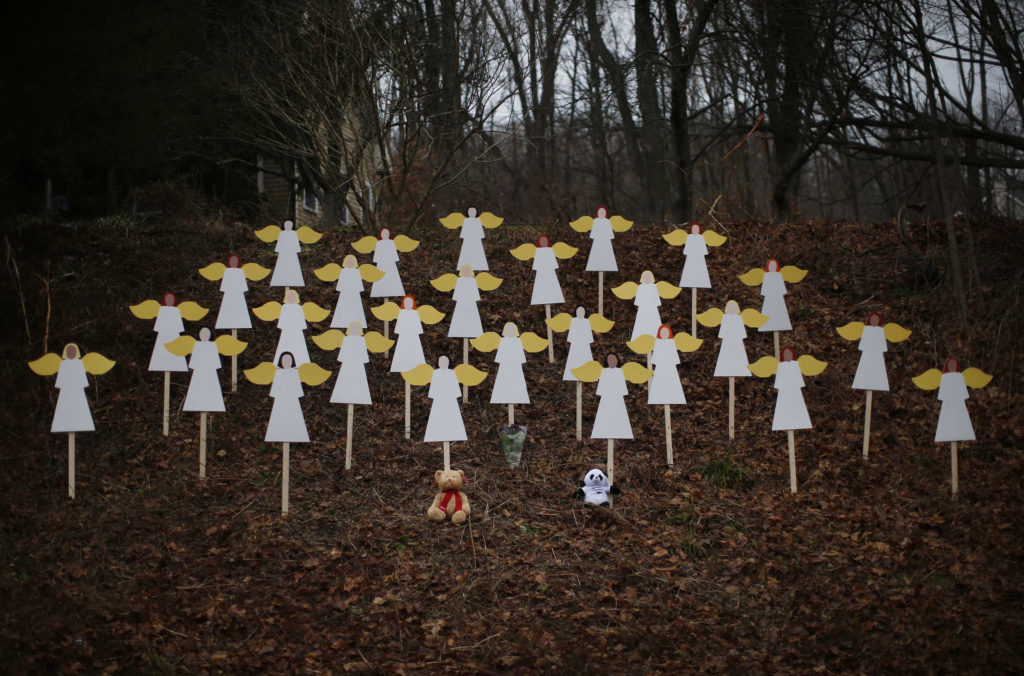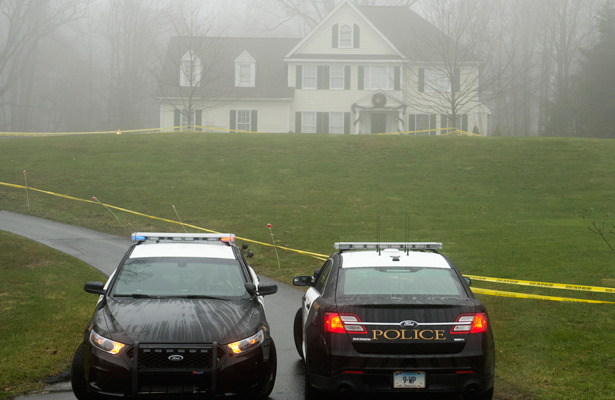Yesterday, on the Third Sunday of Advent, I drove through the first snowfall of the season to a large church in a small town in Central Pennsylvania. As the year comes to a close, I’ve been thinking a lot about what 2017 will hold and moving toward a few dreams that seem quite intimidating from where I currently stand.
During the service, the pastor spoke about risk-taking and how many followers of Jesus take safe, calculated risks instead of wholeheartedly diving in to what God is calling them to do. There have certainly been times in my life when I have done the latter, but prior to yesterday I was still internally waffling calculating my risk-management plan.
After church, as Allison and I were driving home on the roads that meander along the banks of the Susquehanna River, I told her that I had decided to wholeheartedly pursue some of the dreams that God had been stirring in my heart for more than a year.
Yesterday, I was full of hope. Today … was Monday.
I’m not so cynical a person that I dread Monday mornings, but that doesn’t mean I’m always exempt from the Monday-morning blues. I struggled to get out of bed when my alarm went off, but made my way through the day with little fanfare. A few exciting things happened, but they didn’t seem to resonate with me the way I knew they should. As I closed my laptop for the day and drove to the gym after dinner, I talked to God about the condition of my heart, which was not nearly as hope-filled as the day before. I told Him that I was growing weary of being filled with hope one day and struggling through the fog the next.
When I got out of my car at the gym, I didn’t have any answers, but I knew that I was at least taking the small step to care for my body instead of going home and watching television until my brain was as numb as my heart. To some degree, I blamed myself, as I thought of all the places where God was showing up in my life. Sometimes things can be falling into place and internal soul issues pop up anyway, which in this case led me to ask myself, “Why can’t you just be happy, Jared?”
Once inside the gym, I put my headphones in and began listening to a sermon from a pastor of a large church in North Carolina. Just a few minutes in, he read a verse where the Apostle Paul talked about how he was having a miserable time on a ministry trip that God had called him to embark on, using language like “We despaired even of life” and “In our hearts we felt the sentence of death.”
The fog broke the instant I heard that. Here was the Apostle Paul, a guy who had a lot of cool experiences and did a lot of great things (like, you know, writing a good portion of the New Testament) having such a bad day that he was in total despair. The negative self-talk immediately faded, as I realized that it’s okay to feel down—and, more importantly, that I didn’t have to stay there.
You see, Paul was writing all of this after the fact. The verses I quoted above are from a lengthier section of the third letter Paul wrote to the Corinthians*, which in my Bible has a nice header that reads The God of All Comfort. (You can read the whole thing in II Corinthians 1:3-11; it’s totally worth it.) Paul starts out by praising God, “The Father of compassion” and “God of all comfort” and he talks about how his hope is firm and secure that if we struggle, we will be comforted. He’s talking to a group of people who are going through a tough time, and instead of just saying “You’ll get through this,” he then opens up and begins to share about his own struggle.
We do not want you to be uninformed, brothers, about the hardships we suffered in the province of Asia. We were under great pressure, far beyond our ability to endure, so that we despaired even of life. Indeed, in our hearts we felt the sentence of death. But this happened that we might not rely on ourselves but on God, who raises the dead. He has delivered us from such a deadly peril, and he will deliver us. On him we have set our hope that he will continue to deliver us. ~ II Corinthians 1:8-10, NIV 1984.
I love that Paul says, “He has delivered us … and He will deliver us.” He’s not only being vulnerable and sharing what he has overcome in the past, he’s also acknowledging that there will probably be more rough days ahead, but it’s okay because “on Him we have set our hope that He will continue to deliver us.” In other words, Paul used his past experience with God to make a decision about how he would handle adversity in the future. His hope was set; He knew God would be his source of comfort and deliverance because he had experienced this and he understood that God’s heart toward us doesn’t change from one day to the next.
I worked out for an hour, my heart becoming more and more filled with hope as I listened to the sermon. Toward the end, the pastor read from Psalm that said, “I lift my eyes to the hills—where does my help come from? My help comes from the Lord, the Maker of heaven and earth” (Psalm 121:1-2, NIV 1984).
In other words, the Psalmist looked up at the reality of Monday morning, probably freaked out a bit, and then asked himself how he was going to get through this challenge. He then answered his own question, stating that his help would come from the one who made the hills he was looking up at from a low place. He then goes on to say, “He will not let your foot slip—he who watches over you will not slumber … the LORD will keep you from all harm—he will watch over your life” (Psalm 121:3, 7; NIV 1984).
What is most interesting about this Psalm is who the Psalmist is speaking to. Did you catch it? He’s talking to himself! The reality is, we all talk to ourselves—and much of the time it is negative. But that’s not what the Psalmist does. In a challenging circumstance, his self-talk does not focus on the size of the problem, but on who God is and what he is confident God will do. This is exactly what we need to regain the hope of Sunday on Monday morning.
As I listened to the pastor read those verses from the Psalms, I began to sing a melody I had not heard in some time. Pulling out my phone, I typed in the lyrics that were dancing through my mind into the Internet search bar. Within a few minutes, I was listening to a ten-year-old Bebo Norman song, a song that I had grown up singing in church. I remember this song resonating with me at fourteen, but it resonated with me even more at twenty-four. Because when I was fourteen, I didn’t realize that life isn’t just hard in your teenage years. I needed this song at fourteen, but I need it even more now that I am twenty-four.
Your kindness is what pulls me up / Your love is all that draws me in
I will lift my eyes to the Maker / Of the mountains I can’t climb
I will lift my eyes to the Calmer / Of the oceans raging wild
I will lift my eyes to the Healer / Of the hurt I hold inside
I will lift my eyes / Lift my eyes to You
~ Bebo Norman
I think what I love most about this song is the reminder that it’s God’s kindness that pulls us out of the fog and the struggle. He’s not standing around wringing his hands while you’re blaming yourself for your inability to function with a fully awakened heart; rather, He’s the one who wants to breathe the life that will awaken your heart into you.
Got a mountain you can’t climb?
Got an ocean raging in your mind?
Got hurt that you can’t seem to let go of?
Life your eyes. Take heart.
You’re not alone.
You are never alone.
Resources:
h2 Church in Sunbury, PA – Sermon from Mark Gittens – December 11, 2016
Elevation Church in Charlotte, NC – Sermon from Steven Furtick – November 6, 2016
I Will Lift My Eyes – Song by Bebo Norman – 2006
* Fun Fact: II Corinthians was actually Paul’s third letter to the Church at Corinth, and I Corinthians was his second. Something happened to the first letter and it did not make it into the canon of Scripture.





